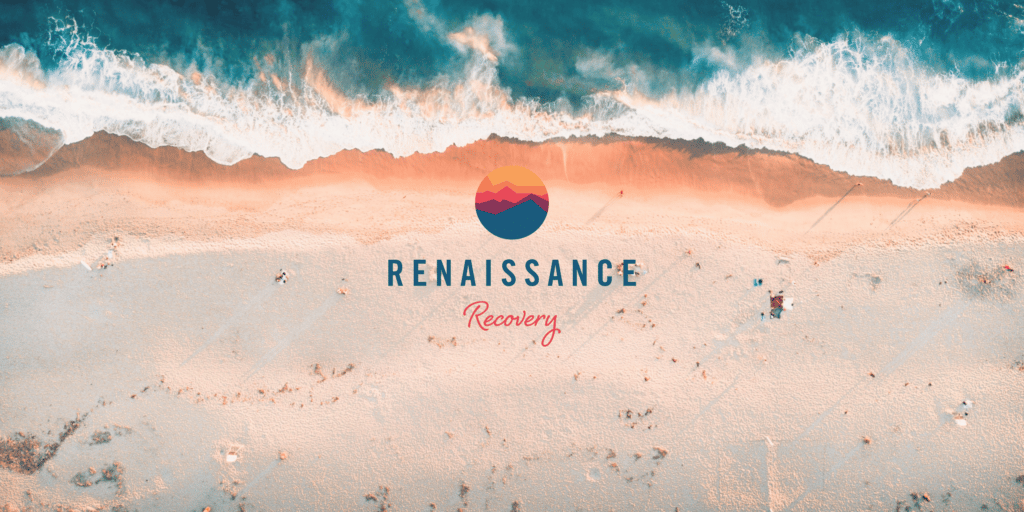The alcohol recovery timeline is different for everyone and is a life-long process rather than a single or time-limited event. Alcoholism is a chronic disease that must be properly managed throughout at person’s lifetime.
However, detox and recovery programs do have typical timelines as follows:
-
- Detox: 1-2 weeks
-
- Outpatient Rehab: 6-12 weeks
If you or a loved one are struggling with alcohol addiction and are wondering how long it takes to get sober from alcohol, this guide will walk you through the entire process of treatment, and how to get reach out for help at our Orange County rehab.
Understanding the Alcoholism Recovery Timeline
Everyone has a different experience with alcohol use disorder, and as such there is no boilerplate alcohol abuse recovery timeline. The following variables can all impact recovery:
-
- How long you have been drinking
-
- How much you have been drinking or binge drinking
-
- Medical history
-
- Physical comorbidities
-
- Co-occurring mental health disorders
-
- Home environment
With the right treatment – typically a combination of MAT (medication-assisted treatment), counseling, and psychotherapy – it is perfectly possible to stop drinking alcohol. Alcohol dependence treatment should be personalized in line with your history, circumstances, and treatment goals, as well as addressing any underlying co-occurring disorders like anxiety, depression, or PTSD (post-traumatic stress disorder).
According to NIDA (the National Institute on Drug Abuse), there are four general stages to alcohol recovery:
-
- Treatment initiation
-
- Abstinence: early phase
-
- Abstinence: maintenance
-
- Advanced recovery
This model views recovery from alcohol addiction as a lifelong process. A getting sober timeline can be different for everyone but can be greatly helped by attending a recovery program or engaging in addiction counseling.

1) Treatment initiation
Reaching out for help from professional addiction treatment services like alcohol rehab sees the first stage of recovery begin, regardless of the results.
When you decide on quitting alcohol, treatment cannot begin until you have detoxed from alcohol – more on the timeline for that below. Whether you are dealing with acute alcohol withdrawal, or a severe case due to excessive alcohol use, detox can help clients safely get through the early physical stages of alcohol recovery and into sobriety.
During this first phase of recovery, it is commonplace to have feelings of denial or ambivalence toward recovery paired with alcohol cravings.
The goal of your treatment team at this stage is to help you commit to actively engaging with treatment and to accept long-term abstinence as your overarching goal.
A treatment plan can be personalized, preparing you for a sober life and help replace drinking with more healthy habits.
2) Abstinence: early phase
The early abstinence phase of alcohol recovery is one of the most challenging phases due to the following:
-
- Psychological dependence on alcohol
-
- Ongoing withdrawal symptoms
-
- Triggers making you crave alcohol
-
- Physical cravings for alcohol
-
- Feelings of depression
During this stage of recovery – especially during high-risk situations – you can employ the coping strategies you have been learning in recovery to minimize your chances of relapse.
You may find peer-support groups like Alcoholics Anonymous valuable. Alternatively, you could explore secular alternatives like SMART Recovery.
3) Abstinence: maintenance
After three months or so of sobriety, you will enter the third stage of alcohol recovery, maintaining abstinence.
If you started your recovery in an alcohol detox and residential rehab, you will now step down the continuum of care to outpatient therapy.
You’ll continue to embrace a sober lifestyle while working to reduce your chance of relapse. This involves familiarizing yourself with the warning signs of relapse.
Also during this phase of recovery, you will learn how to build healthy sober relationships, to avoid substituting alcohol addiction for other addictions, and you’ll also see the benefits of improvements to exercise and nutrition. You should start feeling and looking better.
NIDA recognizes that this stage of maintaining abstinence begins three months after starting your recovery, and lasts until you have been sober for five years.
At this point of your recovery, you will typically stop engaging with counseling, although you may continue attending 12-step support groups.
4) Advanced recovery
The fourth and final stage of recovery from alcohol addiction starts after you have been sober for five years.
You’ll focus on longer-term goals while maintaining a consistent and productive schedule, however this applies to you.
By this stage of your sobriety, you will continue forging relationships with people who don’t drink alcohol, and you will spend your free time taking part in activities that don’t involve alcohol.
The risk of relapse drops from between 40% and 60% to around 15% after 5 years of sobriety.
So, now you have an idea of how recovery from alcohol use disorder pans out long-term, how quickly and effectively can your brain recover from the effects of alcohol abuse?

Brain Recovery from Alcohol Timeline
Abusing alcohol can trigger structural and functional changes to your brain. The alcohol brain recovery timeline can take just a few short weeks to occur, with major improvements beginning quickly after abstaining from alcohol.
In the event of sustained and heavy drinking, you cause shrinkage to the brain, according to research presented at the AAN (American Academy of Neurology).
Prolonged alcohol abuse can also cause the following:
-
- Anxiety
-
- Mood swings
-
- Mental fog
It takes just two weeks of abstinence for your brain to start recovering from volume loss, according to this study.
The researchers also discovered that the cerebellum responds rapidly to the absence of alcohol, manifested in improved motor skills. Cortical areas, by contrast, take longer to heal.
Brain recovery from alcohol timeline will hinge on many variables, notably how much you’ve been drinking and the length of time you have been alcoholic. The alcoholic recovery timeline can be a long but extremely beneficial and life-changing process.
How does detox and withdrawal from alcohol unfold, then?
Alcohol Withdrawal Recovery Timeline
Alcohol post-acute withdrawal symptoms from regular alcohol consumption can be categorized according to the following stages:
● Mild withdrawal: Insomnia, heightened anxiety, heart palpitations, headaches, and gastrointestinal disturbances.
● Moderate withdrawal: The above symptoms, plus abnormal breathing, confusion, high blood pressure, increased heart rate, and mild hyperthermia.
● Severe alcohol withdrawal: The above symptoms, plus attention problems, hallucinations, disorientation, and seizures.
How much you have been drinking and the duration of alcohol abuse influence the alcohol withdrawal timeline, as well as any underlying physical health or mental health issues. While all cases of alcohol detox are different, we’ll outline a typical timeline next.
6 hours sober
Minor withdrawal symptoms can present at this stage.
12 to 24 hours sober
Hallucinations can manifest during this stage of withdrawal.
24 to 48 hours sober
Minor withdrawal symptoms persist, including tremors, stomach upsets, and headaches.
For those experiencing mild alcohol withdrawal, symptoms peak after 24 hours, and should start dissipating after four or five days.
48 to 72 hours sober
DTs (delirium tremens) is the most severe form of alcohol withdrawal affecting about 5% of those detoxing. Raised heart rate and body temperature can be accompanied by seizures. DTs can be fatal.
72 hours sober
The symptoms of alcohol withdrawal are peaking by this stage of detox.
Symptoms can persist for a month or more in the case of post-acute withdrawal. For most people detoxing from alcohol, symptoms subside after five days.

Alcohol Addiction Recovery at Renaissance
If you or a loved one are struggling with alcohol addiction and are ready to begin the journey to recovery, Renaissance Recovery Center’s alcohol rehab in California is here to help.
With world-class treatment programs and access to all levels of care (medical detox to outpatient & aftercare) through our programs and partnerships, our recovery program is a great place to get the help you need.
Our programs offer:
-
- MAT (medication-assisted treatment)
-
- Individual Counseling
-
- Group Counselling
-
- Expert Clinical Staff
-
- Psychotherapy (CBT, DBT)
-
- Holistic therapies
-
- & more
If you’re ready to break free from alcohol addiction, call our friendly recovery team today at 866.330.9449 to get started with our transformative addiction recovery programs.









